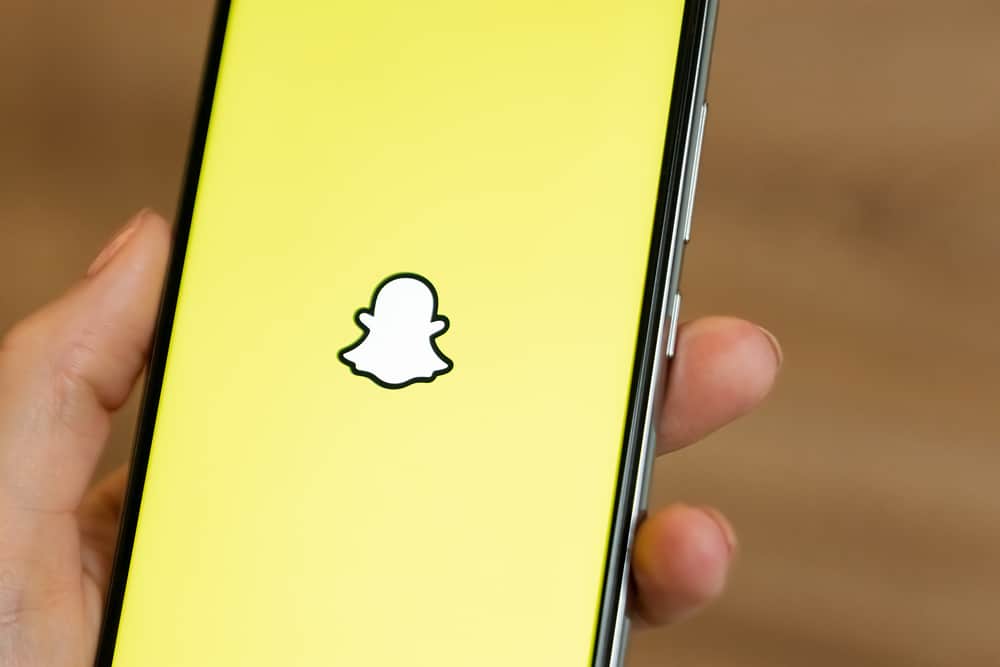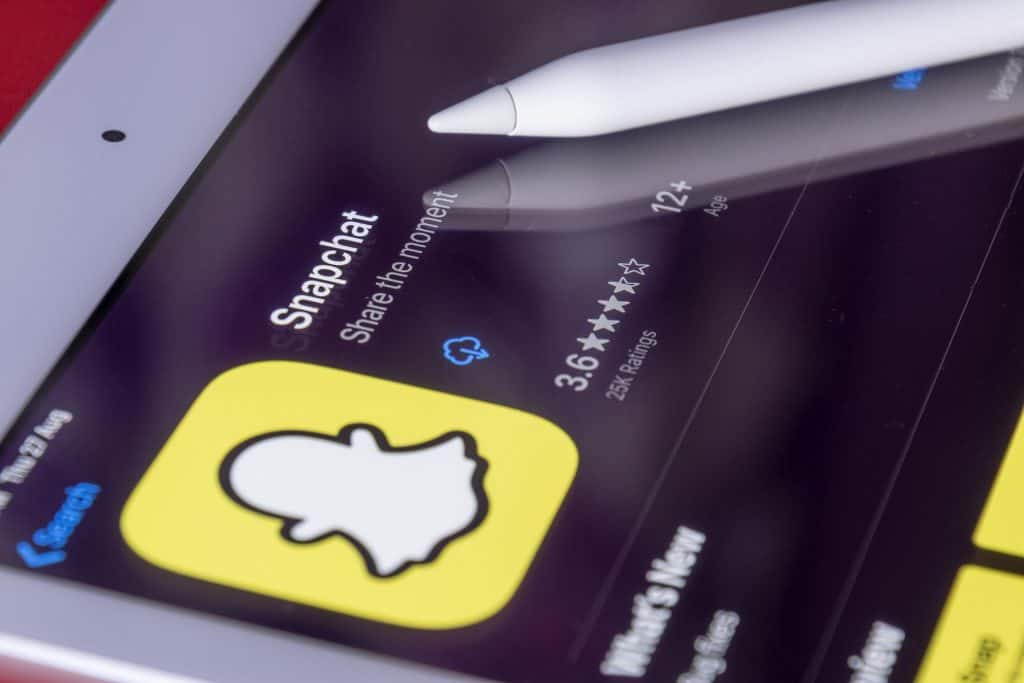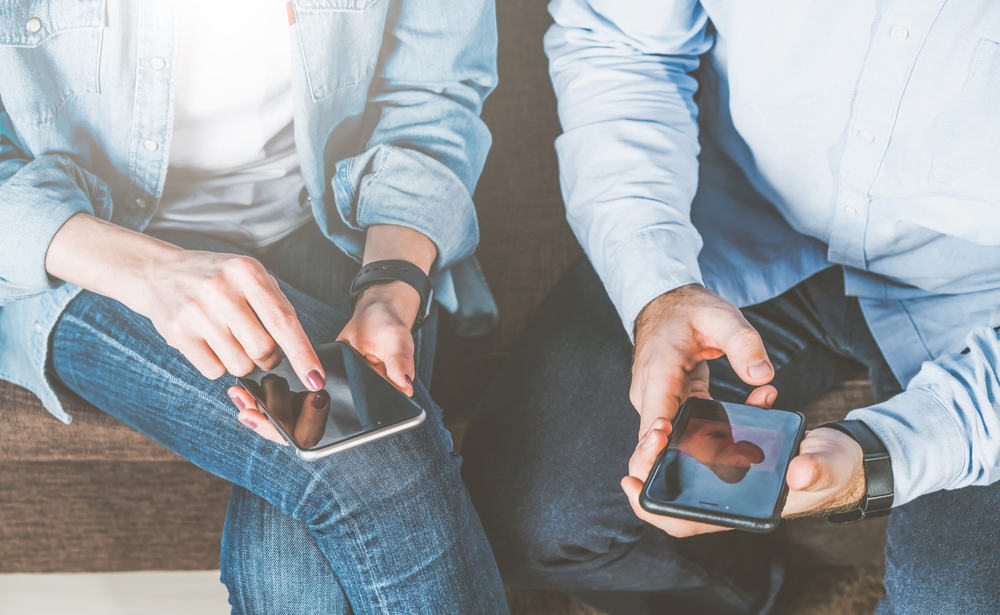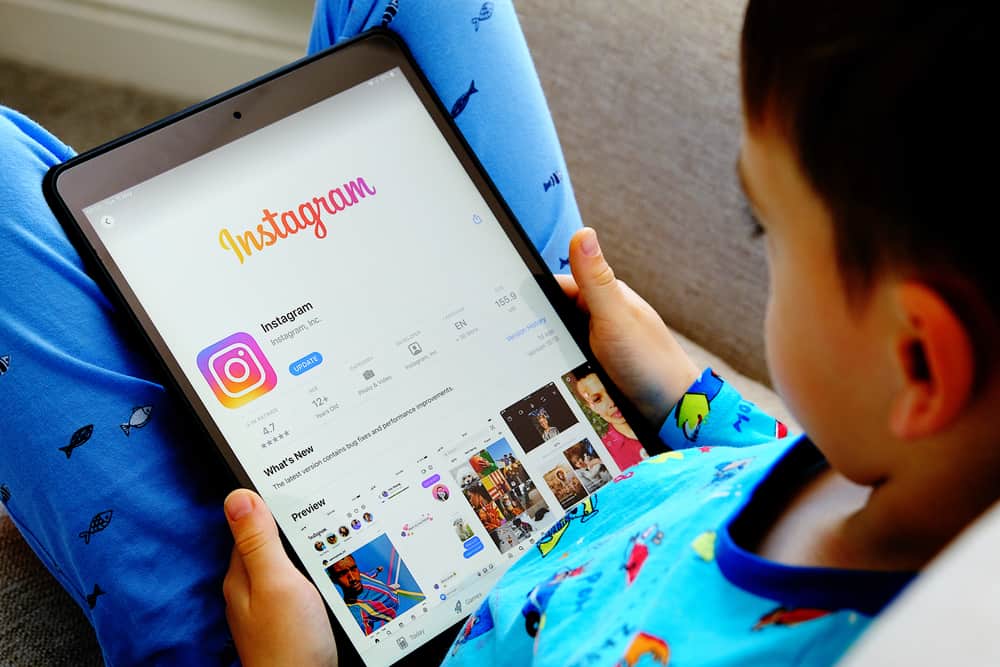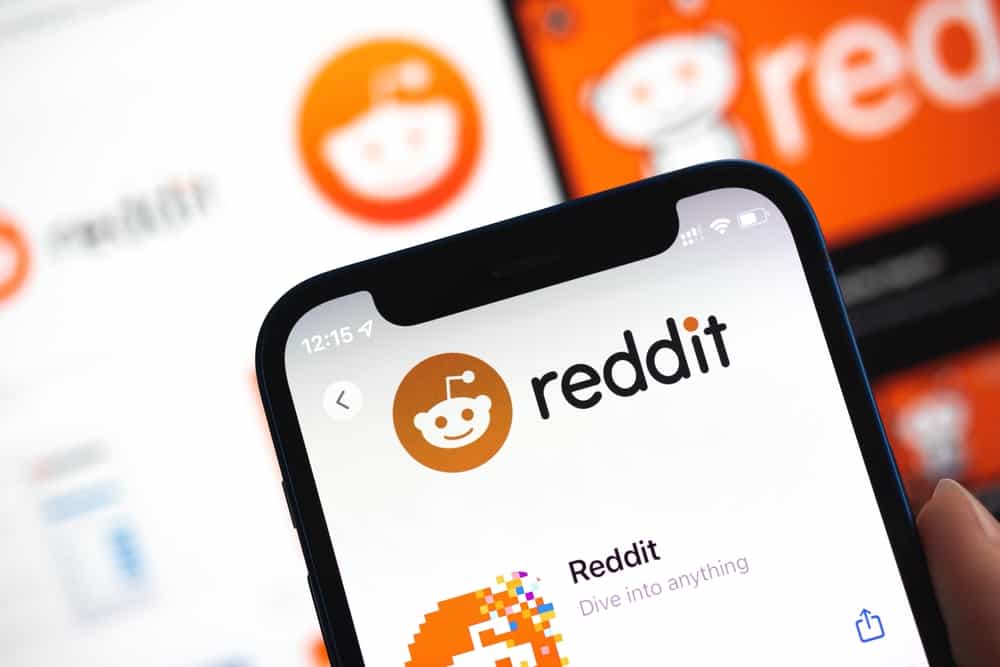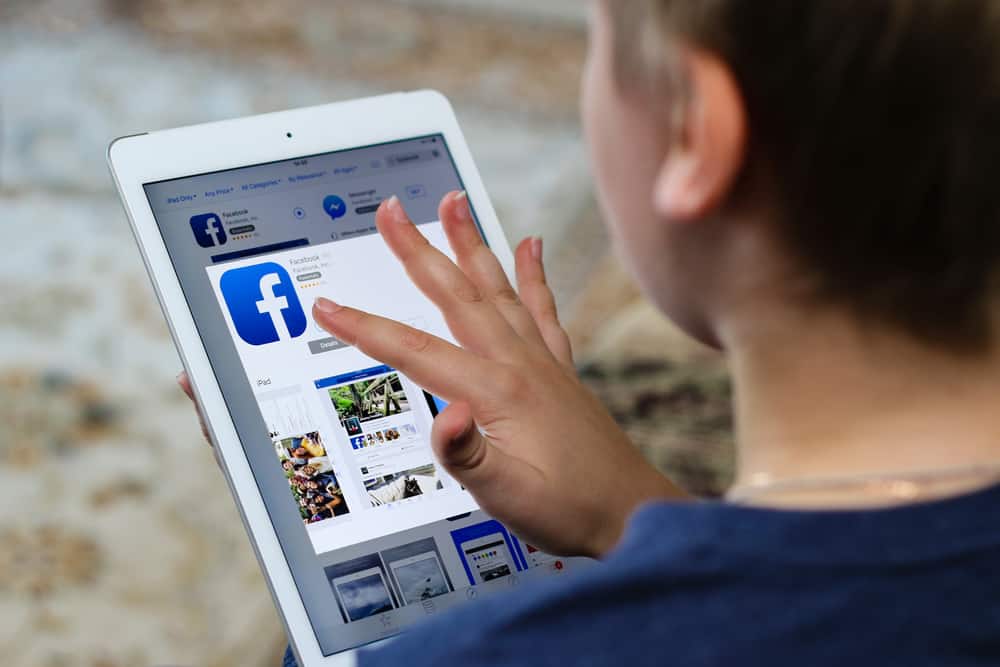
Usually, abbreviations used on social platforms have one popular meaning that can be used in different conversation contexts. “Sb” is a lesser-known slang/abbreviation on social media platforms and could apply to different meanings depending on the user. There are about three meanings of “Sb” on Facebook, which makes the abbreviation quite different from the others we’ve seen.
Using “Sb” with a younger crowd on Facebook or across other social platforms can mean “somebody,” “snap back,” or “soft block.” These meanings apply to different contexts, as illustrated in the following paragraphs of this article. As we’ve always advised, it’s best to keep these abbreviations away from professional settings and use them only in informal conversations.
This article will review the different meanings of “Sb” as mentioned above and see the contexts in which they apply.
Using “Sb” As “Somebody” in a Conversation on Facebook
You can use “Sb” as somebody in a conversation, caption, or comment on Facebook. It might be the most straightforward decipherable meaning of “Sb” because of how you can easily coin the two letters from the word. In context, it might go in these conversations illustrated below.
- Harris: Hey! I need a plumber to help me fix my sink. It’s been leaking for days now.
- Jane: Oh. I think I know sb that could help with that. I’ll forward you his number.
- Harris: Thanks, Jane! You’re a live saver.
In another case where “Sb” could mean somebody, you can have the conversation go like this:
- Ken: Hi, John. I left my flask on the table this morning, and I can’t find it now.
- John: Oh? What are you asking?
- Ken: Did you see sb take it, or did you take it?
- John: Yes. I saw it with your sister earlier. Check with her.
Using “Sb” As “Soft Block” on Facebook
To understand the use of “Sb” as “Soft Block” on Facebook, we must first establish the meaning of “Soft Block.” “Soft Block” is the term used to describe a case where someone blocks you and immediately unblocks you, so you are not following each other. The person you’ve unfollowed won’t know you did, and if it comes to a confrontation, you can say it was a glitch.
This practice is popular on Twitter, where you’re more likely to get into an argument or online fight with a person. Hence, you can use the acronym “Sb” for “soft block” in a conversation.
- Blake: Hey. I noticed we aren’t following each other on Twitter anymore, and I don’t remember unfollowing you or you unfollowing me.
- Kelly: Oh really? How did that happen?
- Blake: Lol. Didn’t you sb me?
- Kelly: Soft block you? Never! It must have been a glitch.
Twitter is the only social media platform where “soft block” is achievable. Some other platforms like Snapchat will show you that a person blocked you, and you will not be able to blame it on a glitch. Also, a soft block is a common practice on Twitter now, and blaming one on a glitch might not entirely take the doubt you did from someone’s mind.
Using “Sb” As Snapback
Like soft block, there should be a basic understanding of the word “Snapback” and where it originates. “Snapback” is a more common term on Snapchat, where images and videos sent are known as snaps. Suppose you send someone a snap; you can expect a “snapback,” a reply to the Snap you sent.
As illustrated below, you could use “Sb” as “snapback” in a conversation.
- Jane: Hey, Mira. I sent you s snap on Snapchat.
- Mira: Yes, Jane. I saw the Snap.
- Jane: Okay? Sb?
- Mira: I’ll send you one soon!
What Are the Other Possible Meanings of “Sb”?
There are no other known meanings of “Sb” unless you have an inside joke or some personal purposes attached to the acronym. Regardless, you should keep using the abbreviation in informal chats where you can easily explain to your recipient what you mean, not in a formal/professional space.
Conclusion
This article has discussed the meanings of “Sb” as “somebody,” “snapback,” and “soft block.” Remember the contexts in which each is used, and have fun chatting!
